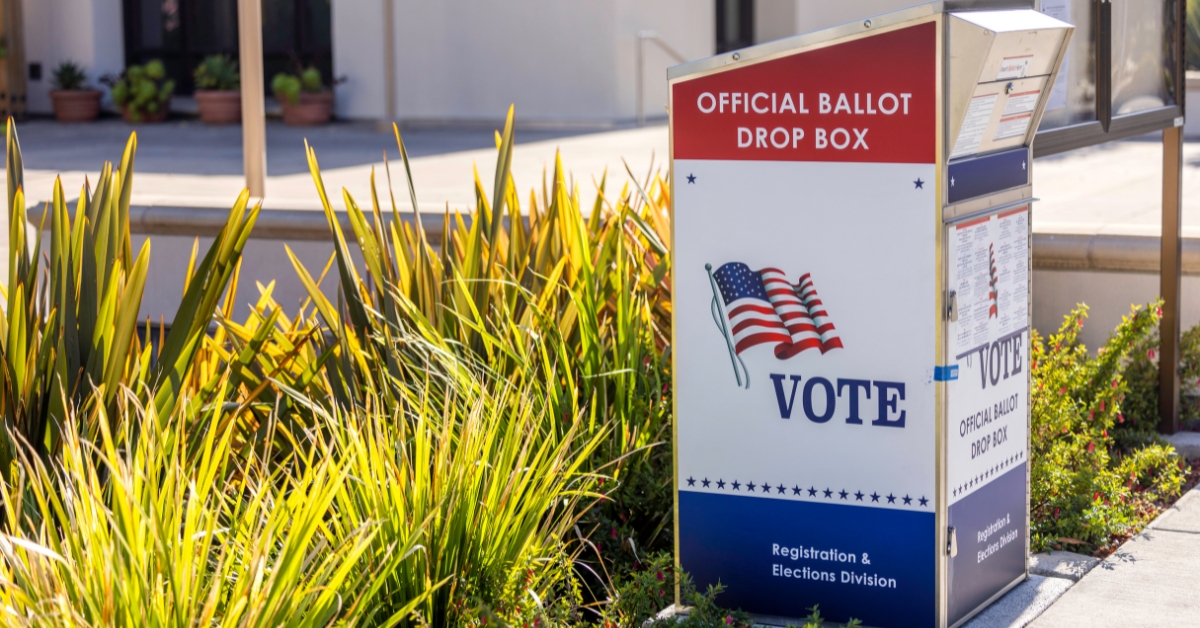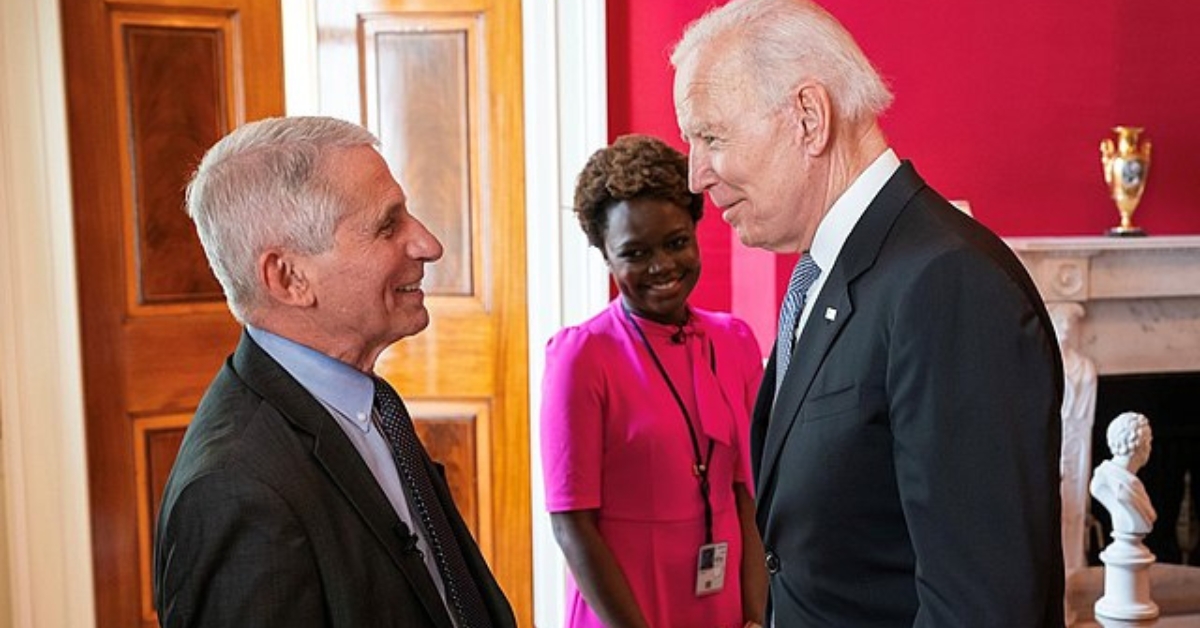
Biased Peer Review Threatens Scientific Integrity
In recent years, allegations of censorship and bias have plagued the scientific community, particularly in the fields of climate research and Covid-19 studies. A growing number of scientists are coming forward to express concerns about the abuse of peer review, self-censorship, and the promotion of preapproved narratives in scientific publications.
Patrick Brown, the climate director at the Breakthrough Institute, recently admitted to censoring one of his studies to improve its chances of being published. Brown omitted critical details from a paper on California wildfires, believing that prestigious journals like Nature and Science preferred narratives that focused solely on climate change. This revelation highlights how the desire to align with preapproved narratives can influence scientific publications.
Critics argue that scientific journals and editors favor certain narratives, particularly when it comes to politically-charged topics such as climate change and Covid-19. While the editors of these journals deny having a preferred narrative, concerns remain about the influence of financial interests and personal biases on published research.
Stanford epidemiologist John Ioannidis addressed these concerns back in 2005, writing an essay titled “Why Most Published Research Findings Are False.” In his essay, he suggested that scientists’ beliefs in certain theories or their commitment to their findings could lead to bias. He also argued that financial interests and prejudices in a field can compromise the accuracy of research findings.
Ioannidis highlighted another issue – the competition to publish in scientific fields. The more scientists competing to get published, the more likely they are to produce what he called “impressive ‘positive’ results” and “extreme research claims.” This phenomenon, driven by competition, can further distort the scientific process.
The problem extends to Covid-19 research. A study published in the Journal of the American Medical Association claimed higher rates of excess deaths among Republican voters in Florida and Ohio due to differences in partisan vaccination attitudes. However, the study lacked crucial data on individuals’ vaccination status and cause of death. Despite these flaws, the study was embraced by left-wing journalists because it supported their preferred narrative.
Ioannidis argued that the peer-review process, which is supposed to catch such problems, is failing. Many stakeholders, including scientific journals themselves, seek to profit from or influence the scientific literature in ways that do not necessarily serve the interests of science. He pointed out that some scientific journals enjoy exceptionally high profit margins, possibly up to 40%.
One of the key issues is that reviewers often overlook a study’s flaws if its conclusions align with their biases. As a result, a considerable portion of published research may be non-replicable or demonstrably false, with outright fraud becoming more common.
Scientists who wish to publish research that contradicts established narratives are increasingly turning to preprint servers as an alternative. However, even some preprint servers are blocking studies that do not fit the preapproved narratives.
For example, a study by Johns Hopkins University economist Steve H. Hanke in January 2022 argued that Covid lockdowns had minimal impact on deaths. Yet when he attempted to publish his findings on the Social Science Research Network (SSRN), he was rejected due to concerns about posting medical content. Similarly, epidemiologist Vinay Prasad faced rejections when trying to debunk widely cited Covid-19 studies.
The issue at hand is not the quality of research but rather the conclusions it reaches. This has led to a decline in public trust in science. Many scientists argue that there is a growing disregard for scientific integrity among researchers, and the prioritization of certain narratives over the pursuit of truth is a concerning trend.














